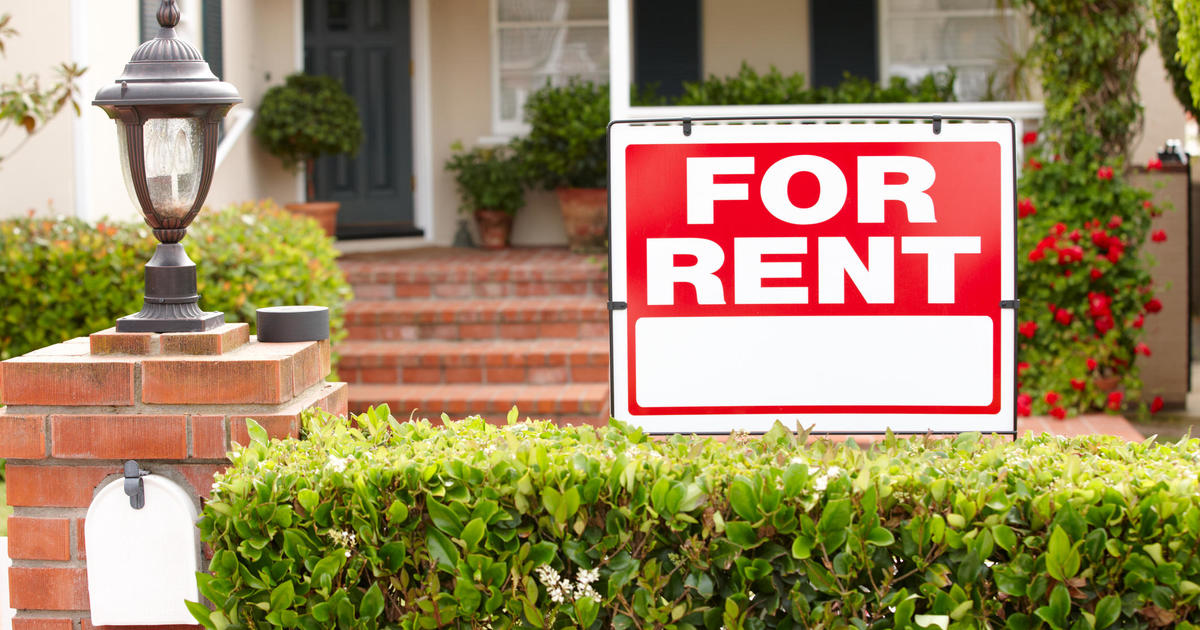
As home prices soar in a booming economy, one impact is becoming dramatic. Families are being squeezed into rental properties, according to “The Dream on Hold,” a study by RENTCafe, an online apartment-finding service. Census data showed that over the last decade, homeownership by families, that is, people with minor children, declined by nearly 3.6 million. By contrast, the number of families living in rentals rose by 1.9 million.
RENTCafe analyst Nadia Balint placed the blame squarely on the housing market, citing “air-tight lending rules, an alarming shortage of entry-level homes and skyrocketing home prices.” As a result, “fewer and fewer young families have a home to their name.”
More families still own homes rather than rent by a margin of about three-to-two, but the trend has moved toward renting during the last decade as families lost homes to foreclosure or were “unable to overcome the financial barriers to become homeowners,” said Balint. As of 2016, the U.S. had more than 14 million renter households with children, up nearly 2 million from 2006, just before the Great Recession.
Of course, 10 years is just “a blip on the radar” for the housing market, she admitted, and people have other reasons to rent. One is that families are smaller and their need for a big home in the suburbs as opposed to a two-bedroom apartment is less — at least until the family grows. And that’s taking longer as mothers delay having children. Children are also costing more to raise, forcing families to economize on expenses such as lawns, plants and gardens.
Another reason to rent is that it appears to be a better financial deal than ownership, at least according to RENTCafe. Single-family homes prices have risen 75 percent faster than rents in the last five years, up 35 percent vs. 20 percent for rentals, the study said. Both have outpaced the increase in family income by a wide margin.
While RENTCafe focused on the rental market, Lawrence Yun, chief economist at the National Association of Realtors, which represents the agents who sell homes, didn’t disagree. “What we’re looking at is 10 years of underproduction of homes,” he said. “It’s creating a divide between the haves and the have-nots.”
But Balint said while home construction hasn’t kept up with demand, builders seem to be watching the trend toward rentals and doing a “pretty good job” of building family-size apartments with two bedrooms or more. These units have increased by than a million between 2006 and 2016.
Families also seem to be migrating more and sooner, particularly in the South, an argument against buying and setting down roots. And that’s particularly true in the 30 largest metropolitan areas the RENTCafe survey examined. Los Angeles, for example, lost nearly 200,000 households with children, the largest decrease in the nation, while Detroit, Miami and Las Vegas also saw more than 20 percent declines.
By contrast, Houston experienced the largest numerical increase in rental families — more than 100,000 during the decade.
© 2018 CBS Interactive Inc.. All Rights Reserved.

